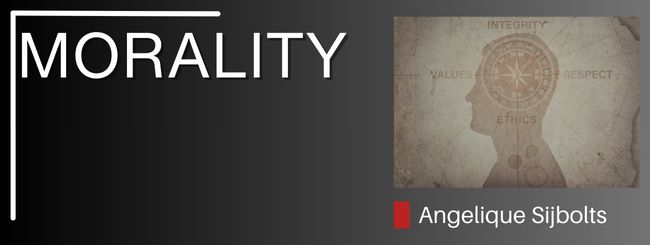בס”ד
רַבִּי אֶלְעָזָר בֶּן עֲזַרְיָה אוֹמֵר, אִם אֵין תּוֹרָה, אֵין דֶּרֶךְ אֶרֶץ. אִם אֵין דֶּרֶךְ אֶרֶץ, אֵין תּוֹרָה. אִם אֵין חָכְמָה, אֵין יִרְאָה. אִם אֵין יִרְאָה, אֵין חָכְמָה. אִם אֵין בִּינָה, אֵין דַּעַת. אִם אֵין דַּעַת, אֵין בִּינָה. אִם אֵין קֶמַח, אֵין תּוֹרָה. אִם אֵין תּוֹרָה, אֵין קֶמַח. הוּא הָיָה אוֹמֵר, כָּל שֶׁחָכְמָתוֹ מְרֻבָּה מִמַּעֲשָׂיו, לְמַה הוּא דוֹמֶה, לְאִילָן שֶׁעֲנָפָיו מְרֻבִּין וְשָׁרָשָׁיו מֻעָטִין, וְהָרוּחַ בָּאָה וְעוֹקַרְתּוֹ וְהוֹפַכְתּוֹ עַל פָּנָיו, שֶׁנֶּאֱמַר (ירמיה יז) וְהָיָה כְּעַרְעָר בָּעֲרָבָה וְלֹא יִרְאֶה כִּי יָבוֹא טוֹב וְשָׁכַן חֲרֵרִים בַּמִּדְבָּר אֶרֶץ מְלֵחָה וְלֹא תֵשֵׁב. אֲבָל כָּל שֶׁמַּעֲשָׂיו מְרֻבִּין מֵחָכְמָתוֹ, לְמַה הוּא דוֹמֶה, לְאִילָן שֶׁעֲנָפָיו מֻעָטִין וְשָׁרָשָׁיו מְרֻבִּין, שֶׁאֲפִלּוּ כָל הָרוּחוֹת שֶׁבָּעוֹלָם בָּאוֹת וְנוֹשְׁבוֹת בּוֹ אֵין מְזִיזִין אוֹתוֹ מִמְּקוֹמוֹ, שֶׁנֶּאֱמַר (שם) וְהָיָה כְּעֵץ שָׁתוּל עַל מַיִם וְעַל יוּבַל יְשַׁלַּח שָׁרָשָׁיו וְלֹא יִרְאֶה כִּי יָבֹא חֹם, וְהָיָה עָלֵהוּ רַעֲנָן, וּבִשְׁנַת בַּצֹּרֶת לֹא יִדְאָג, וְלֹא יָמִישׁ מֵעֲשׂוֹת פֶּרִי
Rabbi Elazar ben Azariah said: Where there is no Torah, there is no right conduct; where there is no right conduct, there is no Torah. Where there is no wisdom, there is no fear of G-d; where there is no fear of G-d, there is no wisdom. Where there is no understanding, there is no knowledge; where there is no knowledge, there is no understanding. Where there is no bread, there is no Torah; where there is no Torah, there is no bread. He used to say: one whose wisdom exceeds his deeds, to what may he be compared? To a tree whose branches are numerous but whose roots are few, so that when the wind comes, it uproots it and overturns it, as it is said, “He shall be like a bush in the desert, which does not sense the coming of good. It is set in the scorched places of the wilderness, in a barren land without inhabitant” (Jeremiah 17:6). But one whose deeds exceed his wisdom, to what may he be compared? To a tree whose branches are few but roots are many, so that even if all the winds in the world come and blow upon it, they cannot move it out of its place, as it is said, “He shall be like a tree planted by waters, sending forth its roots by a stream. It does not sense the coming of heat, its leaves are ever fresh. It has no care in a year of drought; it does not cease to yield fruit” (ibid, 17:8).
This mishnah overwhelmed me and I could not find an “entry point” to write anything about it. I hereby refer to a Chabad Article on this mishnah;
What is Morality?
Texts: Sefaria.org
By Angelique Sijbolts
© Copyright, all rights reserved. If you enjoyed this article, we encourage you to distribute it further.
Our blogs may contain texts/ quotes or references of
Mechon-Mamre.org, Aish.com, Sefaria.org or AskNoah.org
that contain copyrights and which we may use with there permission.
